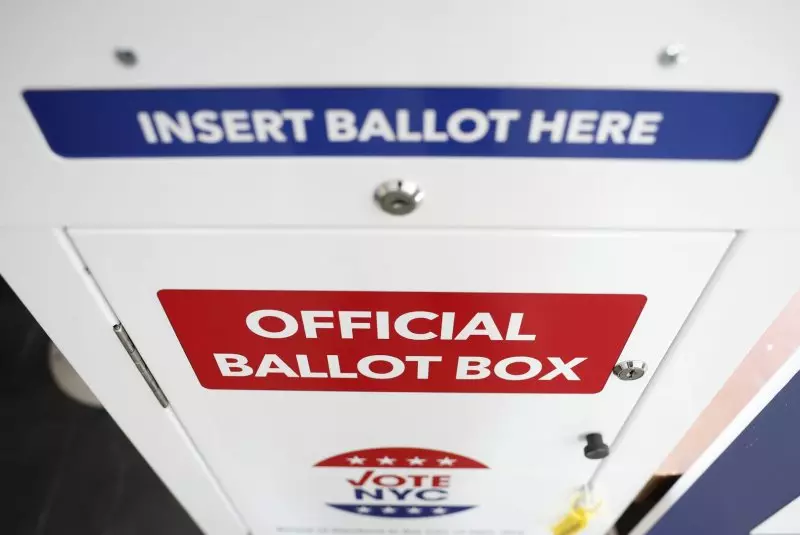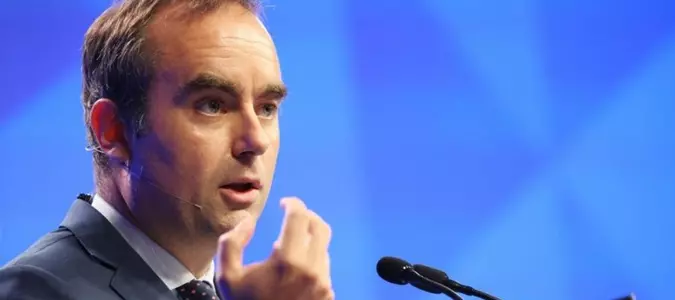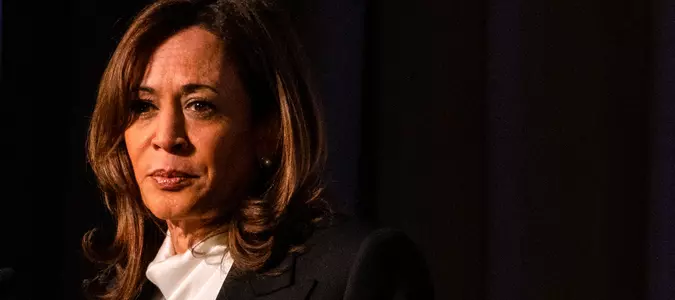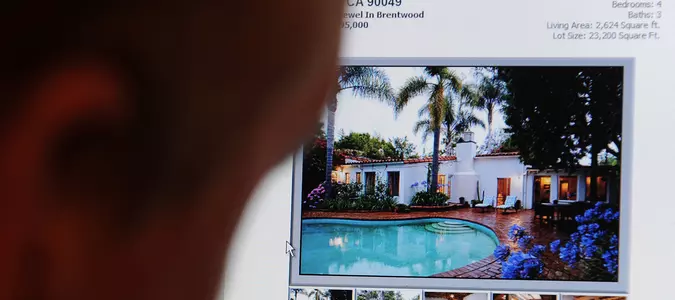

Michigan judge dismisses case against 15 Republican fake electors
A Michigan judge dismissed charges Tuesday against 15 people alleged to be fake electors in 2020. The judge said those charged didn't know about the scheme.

A Michigan judge dismissed a case against 15 alleged fake electors on Tuesday, saying there was insufficient evidence they knew what they were doing. File Photo by John Angelillo/UPI UPI
Sept. 9 (UPI) -- A Michigan judge dismissed charges Tuesday against 25 people alleged to be fake electors in the 2020 presidential election.
Judge Kristen Simmons said there was insufficient evidence to prove the people acted with criminal intent.
"This is a fraud case, and we have to prove intent, and I don't believe that there's sufficient evidence to prove intent," ABC News reported she said during a hearing Tuesday.
The case alleged that 15 Michigan Republicans signed a certificate falsely claiming President Donald Trump won the 2020 election. Simmons said she believed those charged were exercising their constitutional rights by seeking a redress of grievances about the election.
Rose Rook, 82, of Paw Paw, Mich., was one of the 15 electors.
"I just thank God for that judge that was able to see and hear what the people said," Rook told the Detroit News. "The people didn't have a case on us. They really didn't."
Attorney General Dana Nessel, whose office brought the charges, told reporters that the evidence was "overwhelming" and "clear" and that her team is deciding whether to appeal.
"I am terrified for the 2026 elections," The Detroit News reported Nessel said. "And not because I am worried somebody I support will lose. I am worried that President Trump and his aiders and abettors and followers have already ensured that no future American election will ever really be fair or free."
The document the accused Republicans signed during a Dec. 14, 2020, gathering said they were Michigan's "duly elected and qualified" presidential electors and was eventually used by Trump advisers in Congress in an attempt to overturn his loss to Biden.
Biden had won Michigan's 16 electoral votes by defeating Trump by about 154,000 votes, 51%-48%, in the November 2020 election. The certificate also said the GOP electors had met inside the state Capitol, but they had actually convened inside Michigan Republican Party headquarters, the Detroit News reported.
But Simmons said on Tuesday that people working on behalf of Trump's campaign had kept information about their strategy from those who signed the documents. The prosecutors failed to prove that the Michigan electors knew the certificate they signed would be used to try to overturn the result, she said.
"The prosecution would like the court to believe that these named defendants were savvy or sophisticated enough to fully understand the electoral process -- which the court does disagree, because the document that was presented doesn't even align with the level of sophistication that they want me to believe," ABC reported Simmons said.
Fake electors were a big issue in the months after the election. In June last year, a Nevada judge dismissed charges against six alleged fake electors. The judge, Mary Kay Holthus, said her county wasn't the correct jurisdiction for the case.
In August 2024, a woman in Arizona pleaded guilty to a fake elector scheme. Loraine Pellegrino was one of 11 Republicans charged in the case.
In Dec. 2023, 10 Wisconsin Republicans agreed to a settlement where they had to acknowledge they were part of an effort to overturn the election. The defendants did not have to pay money but did release a statement affirming the results of the 2020 election.
















